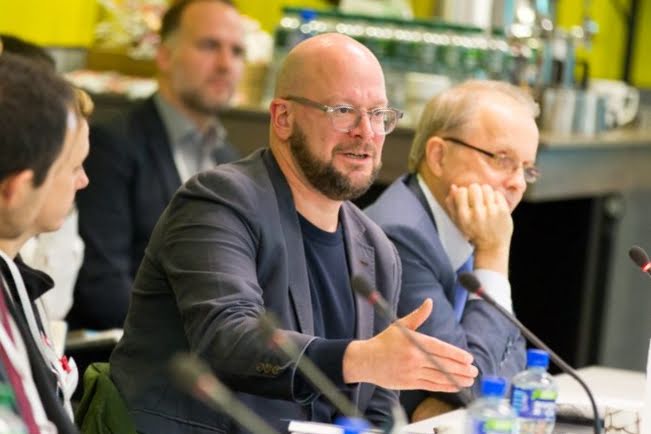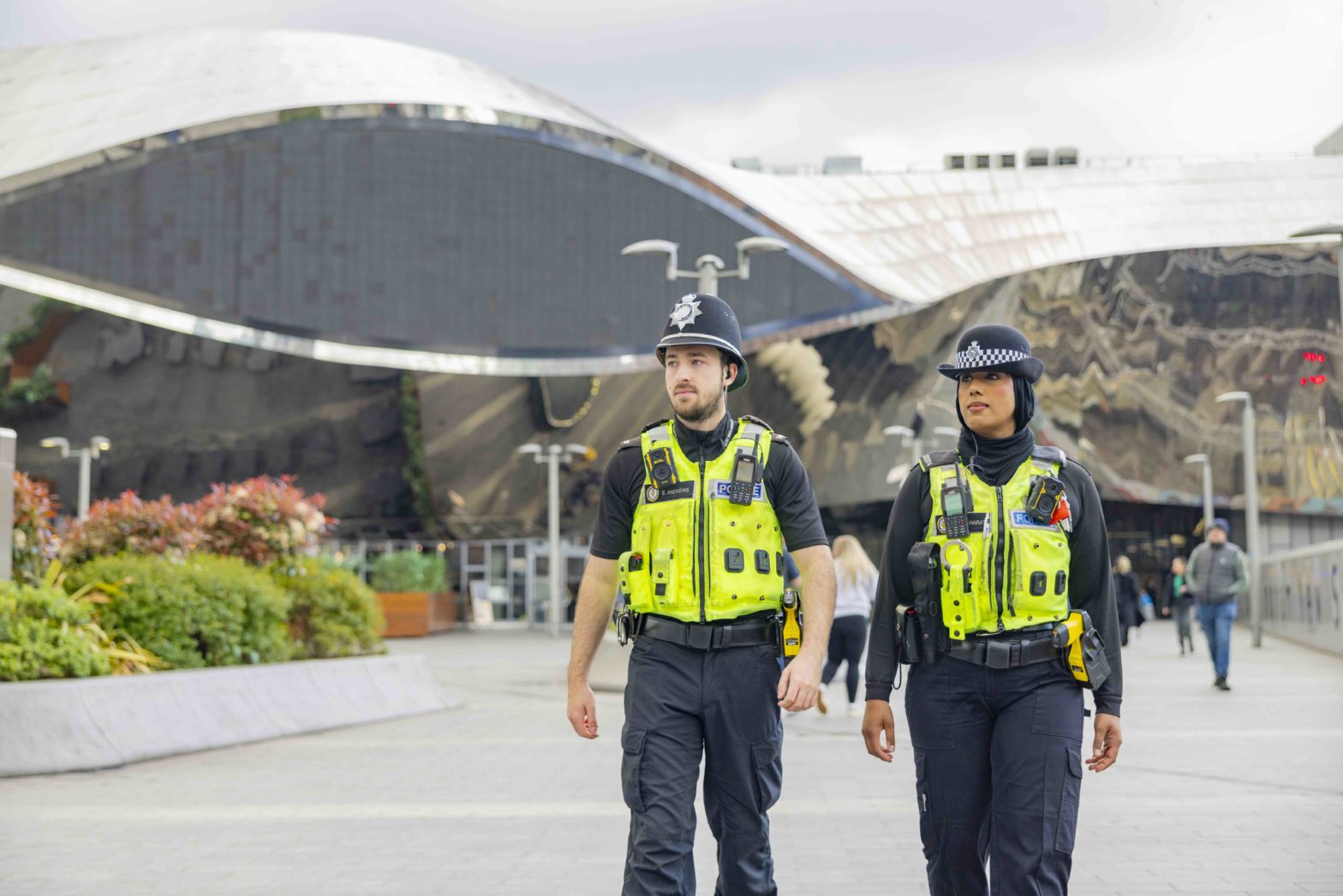
Photo: Cities Today
London unveils first draft of Emerging Technology Charter
08 December 2020
by Sarah Wray
London has released the first draft of its Emerging Technology Charter, which was announced in July and will serve as a set of criteria to guide the deployment of technologies such as 5G, artificial intelligence (AI), Internet of Things (IoT), augmented reality, autonomous vehicles and more in the capital.
It calls for companies to be more transparent about how their systems work and states that “public sector organisations should have full and free access to data collected by new technologies commissioned by them”.
The Charter is being brought in as more technologies that “blur the lines between the physical and the digital world” are coming to the fore. It aims to ensure that these systems can be used to solve urban challenges while minimising risks.
“The Greater London Authority (GLA) is looking for new technology to support our ambition to make London an even better place to live, work and visit. Central to this is trustworthiness in how technology is trialled and deployed,” the document states.
The draft Charter is based around four principles:
- Establish common, open and trusted ways of working between innovators, public services and Londoners when trialling and deploying new technologies
- Respect equality, diversity and human rights and act lawfully in the design and use of emerging technology
- Collect, manage, use and share data legally, ethically and securely
- Support the long-term recovery of the city from COVID-19
It sets out the expectations of technology companies (makers) and local government and public services (buyers) for deploying technology in London, and provides a guide for citizens on the criteria and how they can have their say.
Theo Blackwell, London’s Chief Digital Officer, said on LinkedIn: “We’ll use this draft for the basis of discussions over the coming weeks with public servants and others commissioning new technology, plus makers, innovators, citizens and citizens and civil society.”
Plain English please
The draft states that technologists should be able to set out in plain English what a proposed technology is, what it can do and why it is being used. They should also communicate openly with local communities and other groups who might be affected by the technology, and provide an easy way for people to “talk back”. Further, organisations are urged to be open about any additional functionalities of emerging technology, even if they are not used, and to be clear about the circumstances and process by which that functionality could be expanded.
Blackwell recently told Cities Today he wants the Charter to help demystify “black box technology” and stressed a collaborative approach with the industry to achieve this.
The Charter also recommends the use of user design principles, consequence scanning and other assessments which check for bias.
London wants systems deployed to live “the spirit, not just the letter of GDPR.” This means, for example, making it easy for a user who does not wish for their data to be used in a particular way, or wishes to opt-out at a later stage, to do so. Companies should also highlight publicly and clearly the risks and appropriate mitigations regarding the use of people’s personal data.
It should be made clear not just how the data is used, but what human processes and decisions are subsequently based on it.
City Hall has also committed to increase transparency, remove friction and be supportive of innovative suppliers seeking to sell into the public sector. This includes a pledge to engage early with the market, offer open calls to solve city challenges, and enable the use of public assets to support fibre expansion and pave the way for 5G.







